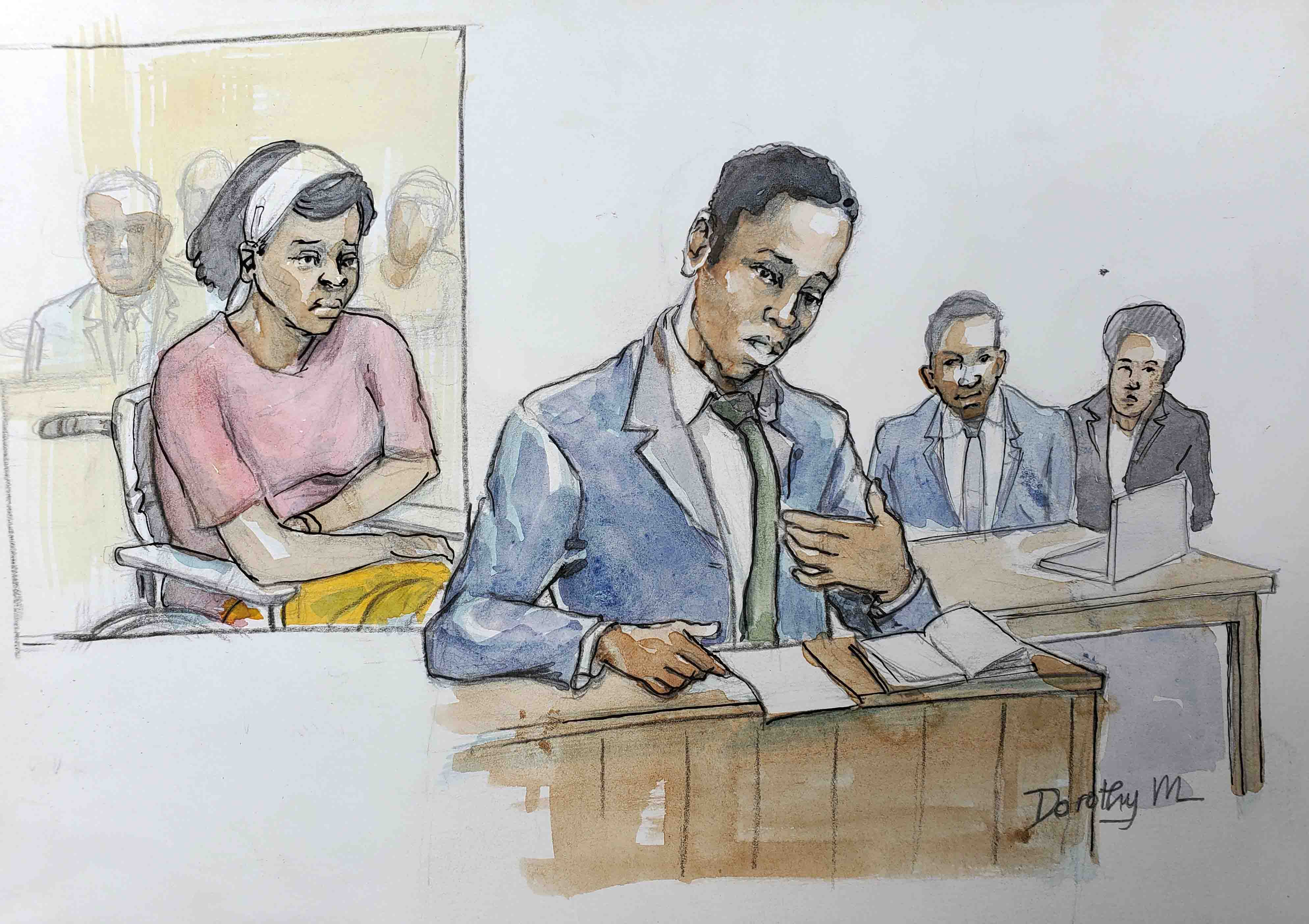Prime
Attorney General defends surgeon

What you need to know:
- The school teacher called on three witnesses to buttress her case, including a professor of Obstetrics and Gynaecology, an expert in that particular field of medicine.
- The Professor conceded that injury to the bladder leading to leakage of urine is a known risk or complication arising from total abdominal hysterectomy.
It is usually the constitutional mandate and responsibility of the Attorney General to defend government workers and institutions when they are dragged to court in civil matters.
It was, therefore, no different when a 49-year-old school teacher sued the Attorney General for medical negligence when she developed a fistula after a botched medical operation to remove her uterus that had developed fibroids.
The school teacher called on three witnesses to buttress her case, including a professor of Obstetrics and Gynaecology, an expert in that particular field of medicine.
Court session
The professor explained to court what a hysterectomy is, who must carry out the medical operation, the conditions that must be satisfied before such a major surgery is undertaken, how such a medical procedure is carried out, the precautions to be taken in the course of the medical operation and the need to carefully and accurately record and keep the medical records, including the details of the surgery.
The professor told court that when he reviewed the patient’s records, they were incomplete and had been poorly maintained by the doctors who attended to her. There was no mention of the names and qualifications of the doctor who carried out the surgery.
Cross-examination
During cross-examination, the Professor conceded that injury to the bladder leading to leakage of urine is a known risk or complication arising from total abdominal hysterectomy, as did occur in this case.
He further conceded that even for experienced surgeons, injuries can still occur to patients in the course of such medical operations and that it is possible to miss such injuries in the course of, or soon after, the surgery.
He told court that if a fistula is discovered in the course of or soon after the surgery, it can be repaired immediately, but if it is discovered later, then the bladder must be rested (kept empty by means of a catheter and external urine bag) and the injury repaired later, if it does not heal spontaneously.
Witness account
The Attorney General, in an endeavor to thwart the patient’s case, called one witness, a gynaecologist, working in a teaching hospital.
According to the witness, he reviewed the witness’s medical records and found that she, indeed, had sustained a vaginal fistula, as a complication arising from the medical operation that was performed on her at a government hospital.
According to him the fistula must have occurred during the surgical operation when the surgeon carried out the procedure too close to the bladder that is positioned in front of the uterus.
The gynaecologist told court that there is a small space between the bladder and the uterus and during a hysterectomy there is need to separate the bladder from both the uterus and the vagina and that injury may occur during the process of separation which is usually done by blunt dissection or using electro-gadgets or in the process of controlling bleeding using diathermy.
Injury may also occur during suturing of the vaginal stump after the removal of the uterus.
To the gynaecologist there are two ways to manage or treat a fistula; the first is to let the injury heal by itself and this is known as the conservative management or, alternatively, by surgery.
In the conservative management a catheter is used to continuously drain urine from the bladder.
Healing
In terms of the body healing by itself it would take between three to six months.
And when the conservative treatment fails, then an operation is done, which involves cutting out the scar tissue and then closing the fistula (abnormal opening between the bladder and the vagina).
The witness explained to the court that as a result of such a fistula, patients continuously leak urine, and this affects their livelihoods.
To manage the leakage of urine, a catheter, sanitary pads or diapers have to be used.
To him counselling would be a necessary therapy to such patients.
In the opinion of the gynaecologist the treatment given to the patient in the various hospitals was sufficient in view of the resource setting in government hospitals.
He further informed the court that the patient was rightly referred to South Africa for further management and investigation of her condition on account of limited resources available at government facilities.
No negligence
In his view, there was no negligence occasioned during the operation or the post-operative care as having a complication resulting from a surgical procedure or operation, is not synonymous with negligence.
During cross-examination, the expert conceded that he was not present during the operation or after the operation and therefore did not witness the operation or care given to the patient after the surgery.
He conceded that there were no pre-operation notes as well as post-operation notes written down concerning the patient’s surgery.
He stated that such notes are of prime importance.
He also conceded that there was no name of the doctor who performed the operation.
There was also no record that the patient was offered counselling in the government facility.
To be continued
Patients continuously leak urine
Dr Sylvester Onzivua
Medicine, Law & You




